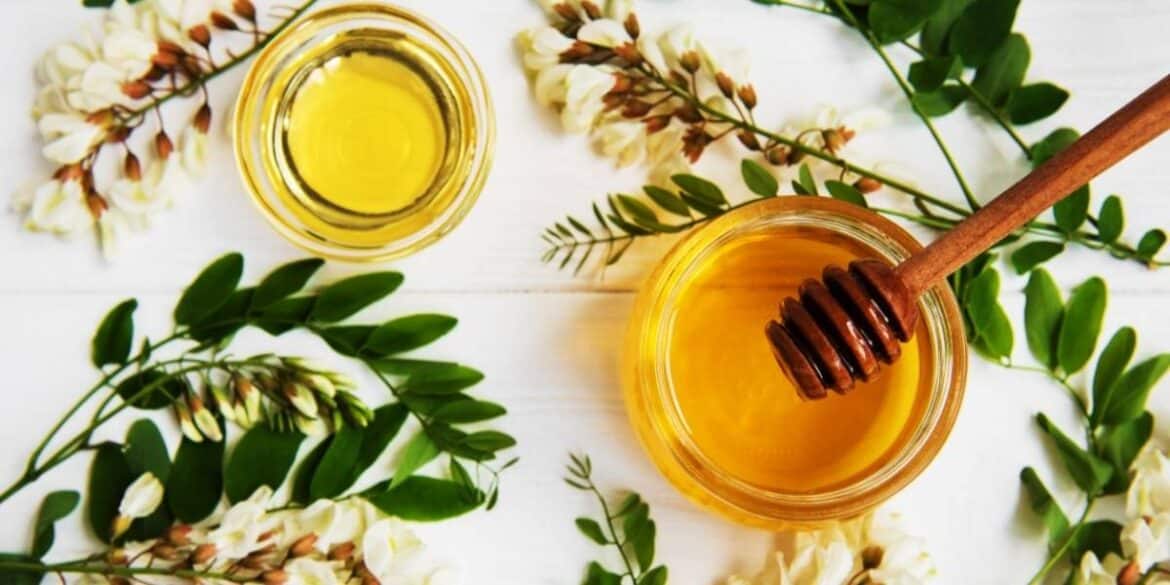FREE SHIPPING WHEN YOU ORDER $55 OR MORE

Is Raw Honey Safe?
Is Raw Honey Safe To Eat?
Thanks to the extensively documented health benefits this amazing food can provide, many people are turning to raw honey. That leads some to wonder about raw honey safety, though. After all, the honey you get from grocery store shelves has been pasteurized specifically for safety reasons, so is it really okay to consume honey in its raw, unpasteurized form?
The Potential Dangers of Eating Raw Honey
You’ll be happy to know that there are very few potential dangers in the consumption of raw honey. In fact, there’s just one true concerning one, and it’s the potential to be exposed to the toxin Clostridium botulinum. If you’ve ever heard of Botox, the cosmetic injection that helps to reduce those fine lines and wrinkles, you’ve heard of Clostridium botulinum.
It’s a bacteria that lives naturally in several places. It’s actually present in honey naturally. Why isn’t this more dangerous than it is? Adults who have a strong immune system almost never grow ill as a result of consuming raw honey with this bacteria inside. Instead, your immune system would fight any dangers from the ingestion of the bacteria.
There are, however, some people who have to be careful with it. For example, children under one year of age can become ill when given any type of honey, even that which has been pasteurized. Pregnant women, or those who are already immunocompromised, are also at risk of having an issue with that bacteria if they consume it in raw honey.
In fact, there’s no statistical risk of this toxin doing real damage to your body from raw honey unless it’s consumed by an infant or someone who is immunocompromised.
Understanding Why Raw Honey is Safe for Most People
To learn more about why raw honey is so safe for most people, it may help to understand exactly how honey is created. When honey bees fly out of the hive, they’re headed out to collect nectar from flowers. They store it in a special part of their body, often called a honey stomach.
Once they get back to the hive, they turn that nectar they’ve created into honey, where it is stored in the hive’s honeycomb and covered in wax until either the bees consume it to keep their colony alive or a beekeeper harvests it.
Once it’s harvested, the honey still has some debris in it, so most beekeepers lightly strain the honey to remove problem objects like big chunks of beeswax or the body parts of dead bees, which sometimes get mixed into the honey. After that, you have raw, natural honey, which is the kind you’ll find that is typically sold as raw honey.
Even then, though, you’ll find pieces of pollen and wax in the actual honey, and while many people worry about that, the simple truth is that you want that in your raw honey. While it doesn’t look as clean as you might imagine, and it might crystallize while it’s on your shelf, it’s actually incredibly good for you and provides a number of different health benefits.
Studies have found that raw honey works as an antioxidant, has potential anti-inflammatory and antibacterial properties, and offers real nutrients to your body. Unfortunately, though, none of those things come in filtered, processed honey. They only come through the power of raw honey.
If you haven’t yet taken the time to explore the many potential benefits of raw honey, there’s never been a better opportunity. Consider Sunny Honey as an excellent addition to your diet now.